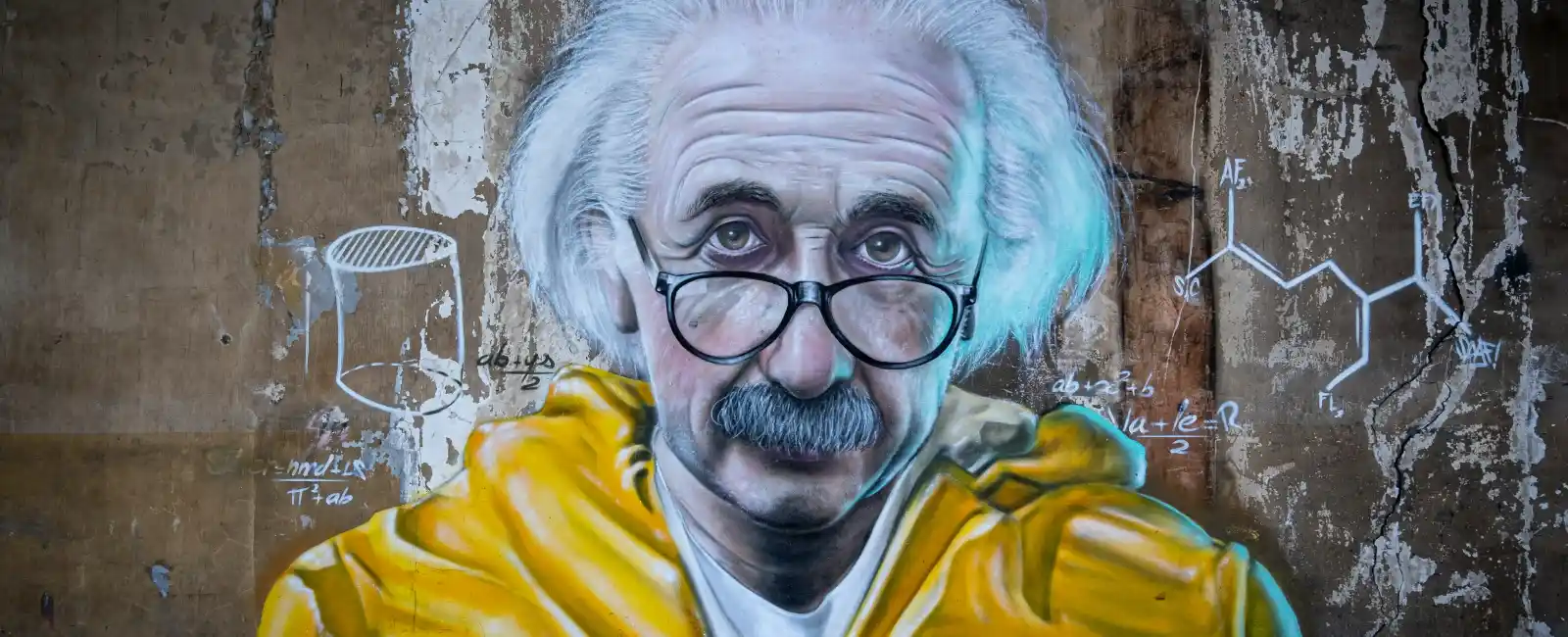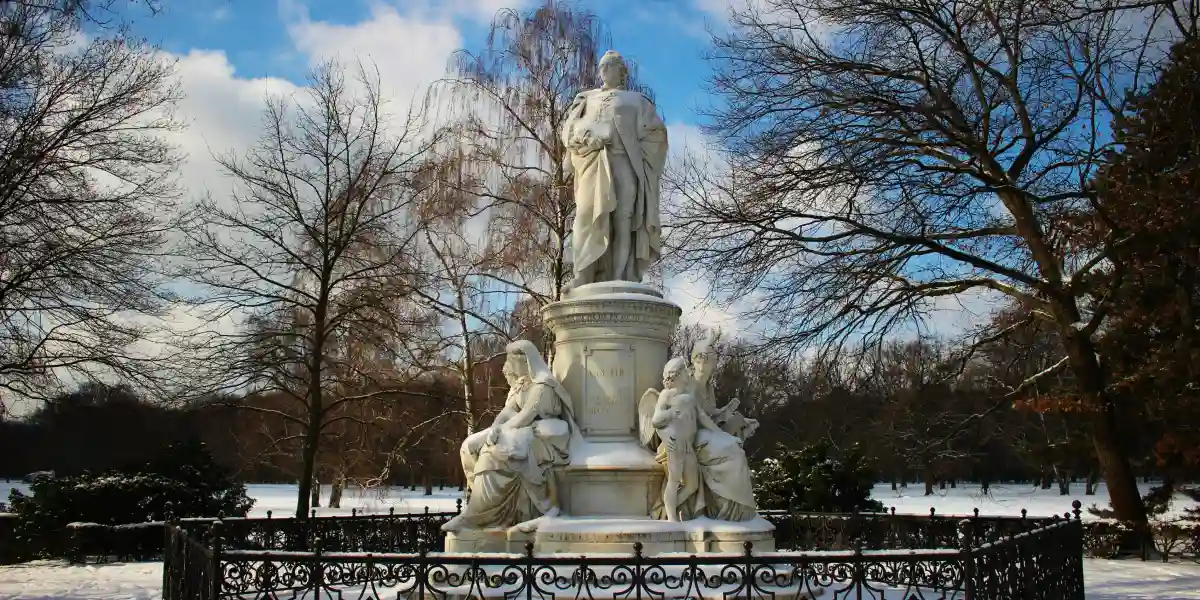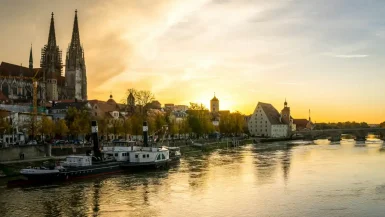Bavaria, Germany, boasts a rich cultural heritage and a remarkable history of influential figures. From artists and musicians to scientists and entrepreneurs, many famous Bavarians have shaped our world. This article explores some of the most notable individuals who hail from this vibrant region. As we delve into their lives and achievements, we celebrate their contributions to art, music, science, and society.
1. Ludwig van Beethoven: The Musical Prodigy
Though often associated with Bonn, Ludwig van Beethoven had strong Bavarian ties. Born in 1770, he spent significant time in Bavaria. His innovative compositions transformed classical music. Beethoven’s ability to convey deep emotions resonated with audiences worldwide. Pieces like the “Moonlight Sonata” and the “Ninth Symphony” showcase his genius.
Despite his struggles with deafness, Beethoven created enduring masterpieces. His dedication to music inspires countless musicians today. As a result, he stands as one of the most famous Bavarians in the world of classical music.
2. Thomas Mann: The Literary Giant
Thomas Mann, born in 1875 in Lübeck, spent much of his life in Munich. This city nurtured his literary talents and cultural identity. Mann’s novels, such as “Buddenbrooks” and “Death in Venice,” explore profound themes of existence and society. His ability to intertwine personal and political narratives captivates readers.
Mann received the Nobel Prize in Literature in 1929. He became a prominent voice against fascism and totalitarianism. His works continue to influence writers and thinkers across generations. Through his stories, Mann showcases the depth of the human experience, solidifying his legacy as a famous Bavarian.
Thomas Mann’s rich narrative style and intricate character development create a lasting impact on literature. His exploration of the human psyche and moral dilemmas challenges readers to reflect on their own lives. In addition to his novels, Mann also wrote essays that addressed contemporary social issues, further demonstrating his intellectual depth. His commitment to artistic integrity and social responsibility resonates strongly today. As a result, Mann remains a celebrated figure in literary history, recognized for both his creativity and his courage.
3. Richard Wagner: The Revolutionary Composer
Richard Wagner, born in Leipzig in 1813, is another famous Bavarian. He became a resident of Munich, where he composed some of his most significant works. Wagner revolutionized opera, blending music, drama, and visual art. His operas, including “The Ring Cycle” and “Tristan und Isolde,” challenged traditional norms.
Wagner’s theories on music and art shaped modern opera. His unique style and grandiose themes attracted admiration and criticism alike. Despite controversies, his influence remains undeniable in the world of music. Additionally, Wagner’s innovative use of leitmotifs—musical phrases associated with specific characters or ideas—transformed the way composers approached storytelling in opera. His work not only captured the essence of the human experience but also explored profound philosophical themes, such as love and redemption. Furthermore, Wagner’s legacy extends beyond the stage, impacting the development of film music and contemporary composers. Today, his works continue to be performed globally, showcasing their timeless appeal and significance.
4. Marie Curie: The Pioneer of Radioactivity
Marie Curie, born in Warsaw in 1867, spent her later years in Bavaria. Her groundbreaking work on radioactivity earned her two Nobel Prizes. Curie pioneered scientific research in an era dominated by men. She discovered radium and polonium, elements crucial to modern science and medicine.
Curie’s dedication to science and education inspires women worldwide. Her contributions to physics and chemistry cement her status as one of the most famous Bavarians in history. Curie’s legacy lives on through her discoveries and the countless scientists she influenced. Beyond her scientific achievements, Curie broke societal barriers, proving that women could excel in science. Her life story serves as a beacon of perseverance and courage for aspiring scientists. Today, she remains a symbol of the power of knowledge and the importance of scientific inquiry.
5. Albert Einstein: The Master of Relativity
Albert Einstein, born in Ulm in 1879, became one of the most famous Bavarians and scientists in history. His theory of relativity transformed our understanding of time and space. After moving to Munich, he attended the Polytechnic Institute, where he began his groundbreaking work.
Einstein’s contributions to physics, particularly his equation E=mc2E=mc^2E=mc2, revolutionized the field. He received the Nobel Prize in Physics in 1921 for his explanation of the photoelectric effect. His legacy continues to shape modern science and technology.
6. Michael Ende: The Fantasy Author
Michael Ende, born in Garmisch-Partenkirchen in 1929, became one of Germany’s most beloved authors. He wrote enchanting tales such as “The Neverending Story” and “Momo.” Ende’s storytelling captivates readers of all ages, blending fantasy with philosophical themes.
His works encourage imagination and creativity. Ende’s literary contributions resonate with readers globally, securing his place among famous Bavarians. Through his storytelling, he highlights the importance of dreams and adventure.
7. Leni Riefenstahl: The Controversial Filmmaker
Leni Riefenstahl, born in Berlin in 1902, spent significant time in Bavaria. She gained fame as a filmmaker during the Nazi regime. Her work, including “Triumph of the Will,” showcased propaganda in powerful ways. Riefenstahl’s innovative filming techniques and aesthetics garnered attention and admiration.
However, her association with the Nazi party remains controversial. Despite this, her influence on film and documentary-making cannot be overlooked. She is one of the most famous Bavarians, known for her artistic achievements and moral dilemmas.
8. Rainer Maria Rilke: The Poet of Existentialism
Rainer Maria Rilke, born in Prague in 1875, became a prominent figure in German literature. He spent much time in Bavaria, where he wrote some of his most significant poetry. Rilke’s works explore themes of existence, love, and the divine. His collection “Letters to a Young Poet” remains a timeless classic.
Rilke’s introspective style and profound insights into the human condition resonate with readers today. His poetry continues to inspire artists and thinkers, securing his legacy as a famous Bavarian poet.
9. Klaus Barbie: The Infamous War Criminal
Klaus Barbie, known as the “Butcher of Lyon,” was born in 1913 in Bavaria. His role as a Gestapo officer during World War II left a dark legacy. Barbie’s involvement in the torture and deportation of thousands shocked the world. After the war, he fled to Bolivia, where he lived for decades.
While not a figure of admiration, Barbie’s story serves as a reminder of the consequences of tyranny. His actions illustrate the dark chapters of Bavarian history, highlighting the importance of remembrance and justice.
10. Rudi Gutendorf: The Soccer Legend
Rudi Gutendorf, born in 1926 in Wiesbaden, became a renowned soccer player and coach. He played for various clubs and represented Germany internationally. After his playing career, Gutendorf pursued coaching, guiding teams worldwide.
His dedication to soccer and his innovative coaching methods earned him respect. Gutendorf’s influence on the sport endures, inspiring future generations of players and coaches. His contributions to soccer establish him as one of the famous Bavarians in sports history.
11. Johann Wolfgang von Goethe: The Literary Titan
Johann Wolfgang von Goethe, although born in Frankfurt, spent significant time in Bavaria. His literary contributions shaped German literature and philosophy. Goethe’s works, including “Faust” and “The Sorrows of Young Werther,” explore human emotion and existential themes.
His influence extends beyond literature into the realms of science and art. Goethe’s multidisciplinary approach highlights the interconnectedness of knowledge. His legacy continues to resonate with scholars and artists alike.
13. Hans Albrecht Bethe: The Nobel Laureate
Hans Albrecht Bethe, born in Strasbourg in 1906, became a prominent physicist and Nobel laureate. He worked at the Max Planck Institute in Munich, contributing to nuclear physics. Bethe’s research on nuclear reactions laid the groundwork for advancements in energy production and astrophysics.
His work during World War II in the Manhattan Project showcased his brilliance. Bethe’s contributions to science earned him a place among the most famous Bavarians in physics. In addition to his research, Bethe was a passionate educator who inspired countless students. He emphasized the importance of ethical considerations in scientific endeavors, advocating for responsible use of scientific knowledge. His legacy continues to influence the scientific community, reminding us of the profound impact of research on society.
14. Nena: The Pop Icon
Nena, born in Hagen in 1960, rose to fame as a pop singer in the 1980s. Her hit song “99 Luftballons” became an international sensation. The song’s anti-war message resonated with audiences during the Cold War. Nena’s unique voice and style made her a pop icon in Germany and beyond.
Her influence continues in the music industry, inspiring new generations of artists. Nena’s legacy as a famous Bavarian artist showcases the power of music as a form of expression.
15. Franz Josef Strauß: The Political Leader
Franz Josef Strauß, born in 1915 in Munich, became a prominent Bavarian politician. As the leader of the Christian Social Union (CSU), he shaped Bavarian politics for decades. Strauß’s policies focused on economic development and regional autonomy.
His charisma and leadership skills earned him a significant following. Despite controversies, Strauß’s impact on Bavarian politics remains significant. His legacy continues to influence contemporary political discourse in Bavaria.
Conclusion
Bavaria has produced an impressive array of famous individuals who have left their mark on various fields. From musicians and authors to scientists and political leaders, these figures represent the rich cultural tapestry of the region. Their achievements inspire future generations and highlight the diverse contributions of Bavarians to our world.
Exploring the lives of these famous Bavarians reveals a profound connection to the region’s history and identity. As we celebrate their legacies, we recognize the ongoing influence of Bavarian culture on a global scale. Whether through art, science, or politics, these individuals exemplify the creativity, resilience, and innovation that define Bavaria.




